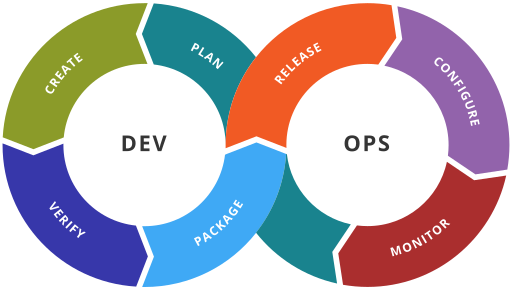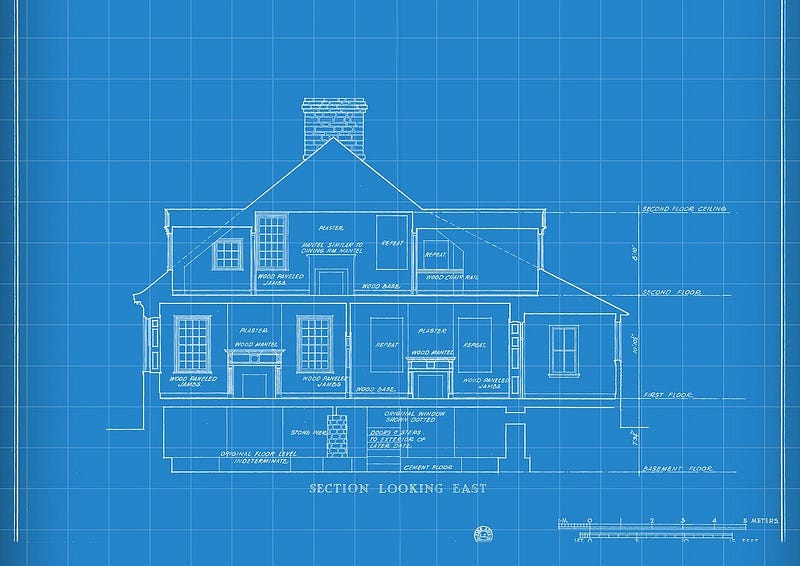Five Essential Software Careers You Should Explore Today
Written on
Introduction to Diverse Software Careers
While software development is a well-known career path, it is far from the only option in the software industry. Although software engineering and software development are closely related fields, their distinctions are nuanced, as discussed in the comparison of Software Engineering vs Software Development. In this article, we will delve into five additional career paths within the software realm and explore what each entails.
DevOps Engineer: Bridging Development and Operations

DevOps, a term derived from "developer operations," represents a relatively recent addition to the tech job landscape. The responsibilities of a DevOps Engineer can vary significantly between organizations and even teams. This role encompasses a broad range of tasks that, while not directly contributing to software creation, are essential for its successful deployment. For instance, DevOps Engineers may oversee the continuous integration and continuous deployment (CI/CD) pipelines.
Their duties can also extend to managing software packaging, infrastructure, and version control. A strong understanding of operational technologies, including cloud services like AWS and DigitalOcean, as well as database management and maintenance tools, is crucial for success in this role.
Data Engineer: The Backbone of Data Operations

Data Engineers play a vital role in how data is collected, stored, and utilized within organizations. They apply engineering principles to data management and are especially prevalent in companies focused on machine learning. However, the increasing volume of data—particularly text data—means that the demand for Data Engineers is rapidly growing across various sectors.
These professionals are involved in the entire data lifecycle, from ingestion and storage to analysis and application. Proficiency in languages such as Python, R, or Julia, along with familiarity with both SQL and NoSQL databases, is essential. Additionally, Data Engineers should be adept at constructing data pipelines and have a solid understanding of data warehouses and lakes.
Developer Advocate: Championing Developer Needs

The roles of Developer Advocate, Developer Relations, and Technical Evangelist may differ slightly but share common goals. Primarily, Developer Advocates represent the interests of developers. This position has gained prominence due to the success of companies like Stripe and Twilio, which utilized advocates to facilitate the adoption of their technologies.
Developer Advocates are responsible for creating a range of content, including documentation, tutorials, and integration guides, aimed at easing the onboarding process for users. This role is inherently creative and often requires strong communication skills. Beyond content creation, Developer Advocates engage in outreach activities, such as organizing hackathons and participating in conferences, while also managing community interactions.
Software Architect: Designing the Framework

Software Architects serve as the strategic planners of software development. Typically experienced software engineers, they focus on creating architectural diagrams and high-level system designs. This role often involves extensive meetings with stakeholders, including engineering managers and end-users, to align user needs with technical capabilities.
Software Architects play a critical role in large projects, ensuring that the overall architecture is cohesive and scalable. Their expertise is particularly valuable in larger organizations where multiple teams manage distinct software components.
Site Reliability Engineer: Ensuring System Integrity

Site Reliability Engineers (SREs) are tasked with ensuring the reliability and performance of software systems. This role, which originated at Google, focuses on managing system availability, performance metrics, and capacity planning.
SREs often have backgrounds in software or systems engineering, though it's not a strict requirement. Their primary goal is to maintain system reliability, which involves system design, automation, and uptime management. Additionally, SREs contribute to security and infrastructure planning at a large scale.
Summary of Diverse Software Careers
In this exploration, we highlighted several software-oriented roles beyond traditional software engineering. We discussed DevOps Engineers, who enhance infrastructure processes; Data Engineers, who manage data lifecycles; Developer Advocates, who facilitate technology adoption; Software Architects, who design comprehensive systems; and Site Reliability Engineers, who ensure operational reliability.
If you found this article insightful, consider sharing it on Twitter! For unlimited access to premium content, join Medium as a member today! Don’t forget to follow Yujian Tang for more articles on technology, natural language processing, and professional development!
Further Reading
- Fast Track Your Junior to Senior Software Engineer Promotions
- 5 Subreddits Every Pythonista Needs to Know
- Three NLP Projects You Need in Your Portfolio
- What the Hell is an Agile Development Environment?
- Qualities of a Good Senior Engineer
Top 5 Must-Have Skills for Software Engineers in the Next Decade
As the tech landscape evolves, certain skills become increasingly essential for software engineers. This video discusses the top competencies that will be vital for success in the coming years.
5 Things I Wish I Knew Before Becoming a Software Engineer
This video shares valuable insights and lessons learned from the journey of becoming a software engineer, offering practical advice for newcomers to the field.